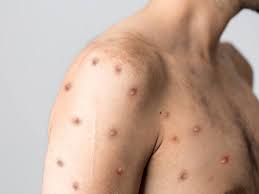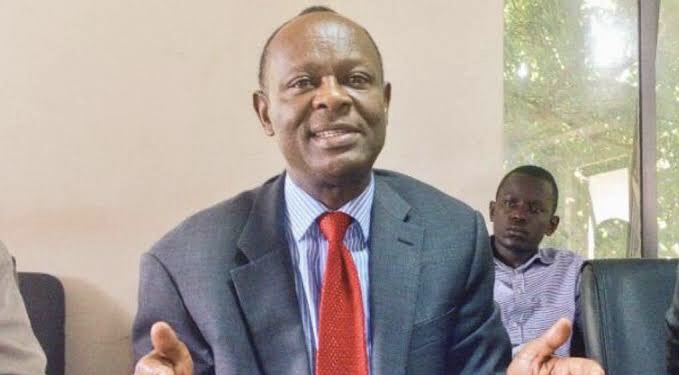Uganda has heightened surveillance following the outbreak of monkeypox in 23 non-endemic countries and eight endemic countries.
In a June 6 statement released by Dr. Henry Mwebesa, the Director General Health services, the Ministry of Health said it is working with partners to closely monitor the evolving situation of the outbreak of Monkeypox in different parts of the world and new interventions are being undertaken.
Dr Mwebesa said the ministry is strengthening testing capabilities at Uganda Virus Research Institute (UVRI) to test and accurately diagnose Monkeypox.
So far, no case of the pox has been recorded in Uganda.
Among the measures the ministry is taking include; intensified surveillance by all health workers to look out for patients with suspected signs and symptoms of Monkeypox and report to the Ministry of Health through the formal reporting channels.
There is also intensified partner and stakeholder engagement with other Ministries, Departments and Agencies (MDAs) including the Wildlife Authority to strengthen surveillance both in the animal and human health sectors.
He advised the general public to remain vigilant and report any suspected patient to the nearest health worker immediately.

Monkeypox is a viral disease transmitted from animals to humans that is caused by the Monkeypox virus.
It is transmitted from one person to another by close contact with lesions, body fluids, respiratory droplets and contaminated materials such as beddings.
“Eating inadequately cooked meat and other animal products of infected animals is a possible risk factor,” Dr Mwebesa noted.
The incubation period of Monkeypox ranges from 6 to 13 days.
Research shows that 3-6% of people succumb to the disease.
Signs and symptoms include; fever, rash, intense headache, swelling of the lymph nodes, back pain, muscle aches and body weakness.
Sometimes, symptoms may disappear even without treatment.
The most vulnerable groups are children and individuals with low immunity levels.
Monkeypox can be prevented by; avoiding physical/direct contact including intimate or sexual contact with an infected person.
“If someone is suspected or confirmed as having Monkeypox, they should isolate at home or in an appropriate facility until the scabs have fallen off, and abstain from sex, including oral sex.”
During this period, patients must be offered supportive medical care to ease symptoms such as pain or itchiness.
Patients should be monitored for early detection of any medical complications of the illness.
“If one develops a rash, fever or a feeling of discomfort, please contact your health worker and get tested for Monkeypox.”
“Always use appropriate Personal Protective Measures when taking care of a patient who has tested positive for Monkeypox.”











